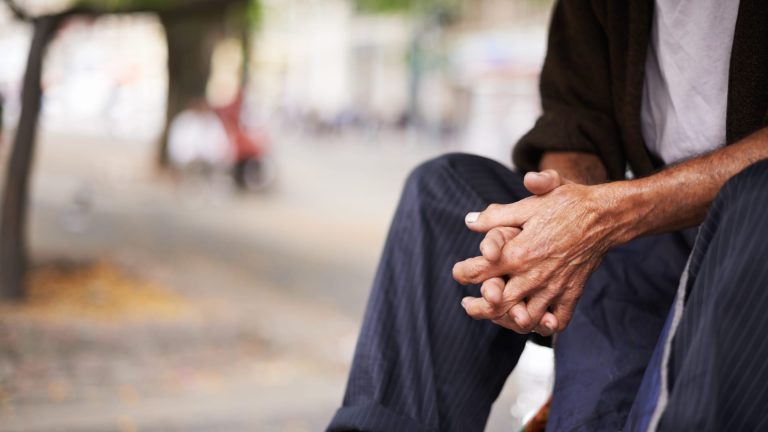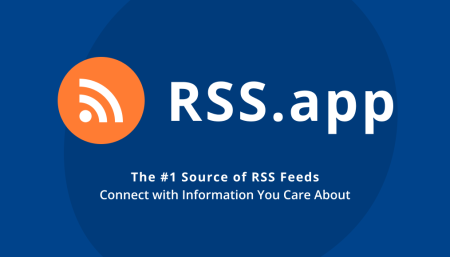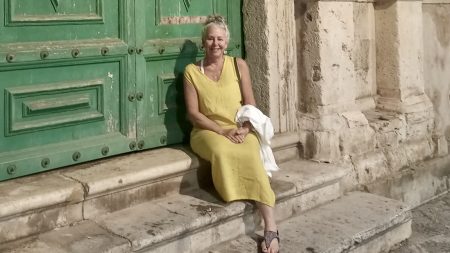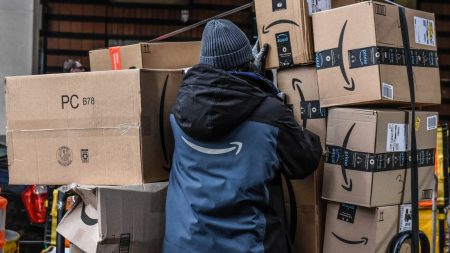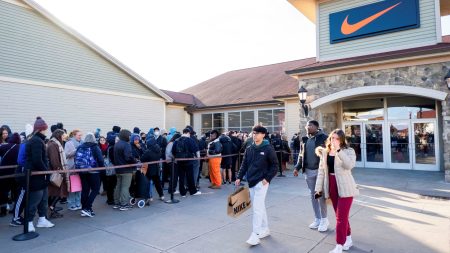Is old-age income poverty too high?
Consider this thought exercise: What is a tolerable poverty rate among American seniors?
By one metric, the U.S. fares worse than most other developed nations in this category.
About 23% of Americans over age 65 live in poverty, according to the Organization for Economic Co-operation and Development. This ranks the U.S. behind 30 other countries in the 38-member bloc, which collectively has an average poverty rate of 13.1%.
According to OECD data, only Mexico ranks worse than the U.S. in terms of old-age “poverty depth,” which means that among those who are poor, their average income is low relative to the poverty line. And just three countries have worse income inequality among seniors.
There are many contributing factors to these poverty dynamics, said Andrew Reilly, pension analyst in the OECD’s Directorate for Employment, Labour and Social Affairs.
For one, the overall U.S. poverty rate is high relative to other developed nations — a dynamic that carries over into old age, Reilly said. The U.S. retirement system therefore “exacerbates” a poverty problem that already exists, he said.
Further, the base U.S. Social Security benefit is lower than the minimum government benefit in most OECD member nations, Reilly said.
There’s very little security relative to other countries.
Andrew Reilly
pension analyst in the OECD’s Directorate for Employment, Labour and Social Affairs
The U.S. is also the only developed country to not offer a mandatory work credit — an important factor in determining retirement benefit amount — to mothers during maternity leave, for example. Most other nations also give mandatory credits to parents who leave the workforce for a few years to take care of their young kids.
“There’s very little security relative to other countries,” Reilly said of U.S public benefits.
That said, the U.S. benefit formula is, in some ways, more generous than other nations. For example, nonworking spouses can collect partial Social Security benefits based on their spouse’s work history, which isn’t typical in other countries, Mitchell said.
Old-age poverty seems to be improving
Here’s where it gets a little trickier: Some researchers think the OECD statistics overstate the severity of old-age poverty, due to the way in which the OECD measures poverty compared with U.S. statisticians’ methods.
For example, according to U.S. Census Bureau data, 10.3% of Americans age 65 and older live in poverty — a much lower rate than OECD data suggests. That old-age income poverty rate has declined by over two-thirds in the past five decades, according to the Congressional Research Service.
Historically, poverty among elderly Americans was higher than it was for the young. However, that’s no longer true — seniors have had lower poverty rates than those ages 18-64 since the early 1990s, CRS found.
“The story of poverty in the U.S. is not one of older folks getting worse off,” Mitchell said. “They’re improving.”
Regardless of the baseline — OECD, Census Bureau or other data — there’s a question as to what poverty rate is, or should be, acceptable in a country like the U.S., experts said.
“We are arguably the most developed country in the world,” said David Blanchett, managing director and head of retirement research at PGIM, the investment management arm of Prudential Financial.
“The fact anyone lives in poverty, one can argue, isn’t necessarily how we should be doing it,” he added.
Despite improvements, certain groups of the elderly population — such as widows, divorced women and never-married men and women — are “still vulnerable” to poverty, wrote Zhe Li and Joseph Dalaker, CRS social policy analysts.
Two major problem areas persist
At the very least, there are facets of the system that should be tweaked, experts said.
Researchers seem to agree that a looming Social Security funding shortfall is perhaps the most pressing issue facing U.S. seniors.
Longer lifespans and baby boomers hurtling into their retirement years are pressuring the solvency of the Old-Age and Survivors Insurance Trust Fund; it’s slated to run out of money in 2033. At that point, payroll taxes would fund an estimated 77% of promised retirement benefits, absent congressional action.
“You could argue pending insolvency of Social Security is threatening older people’s financial wellbeing,” Mitchell said. “It is the whole foundation upon which the American retirement system is based.”
About 40 years ago, half of workers were covered by an employer-sponsored plan. The same is true now.
Olivia Mitchell
University of Pennsylvania economics professor and executive director of the Pension Research Council
Raising Social Security payouts at the low end of the income spectrum would help combat old-age poverty but would also cost more money at a time when the program’s finances are shaky, experts said.
“The easiest way to combat poverty in retirement is to have a safety-net benefit at a higher level,” Reilly said. It would be “extremely expensive,” especially in a country as large as the U.S., he added.
Blanchett favors that approach. Such a tweak could be accompanied by a reduction in benefits for higher earners, making the system even more progressive than it is now, he said.
Currently, for example, Social Security replaces about 75% of income for someone with “very low” earnings (about $15,000), and 27% for someone with “maximum” earnings (about $148,000), according to the Social Security Administration.
Reducing benefits for some would put a greater onus on such households to fund retirement with personal savings.
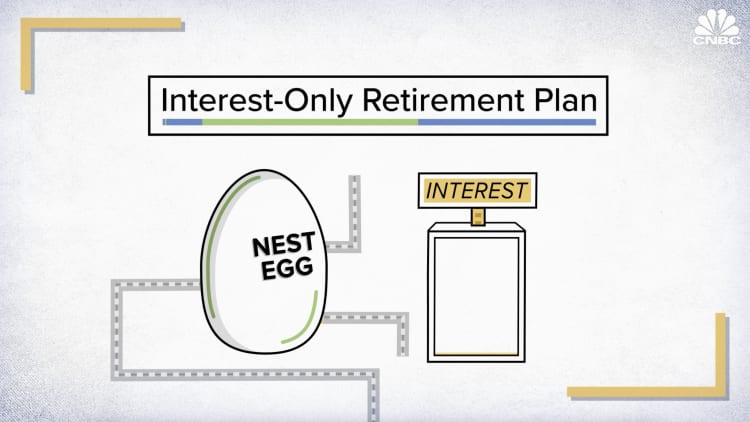
However, the relative lack of access to a savings plan at work — known as the “coverage gap” — is another obstacle to amassing more retirement wealth, experts said.
Research shows that Americans are much more likely to save when their employer sponsors a retirement plan. But coverage hasn’t budged much in recent decades, even as employers have shifted from pensions to 401(k)-type plans.
“About 40 years ago, half of workers were covered by an employer-sponsored plan,” Mitchell said. “The same is true now.”
Of course, workplace plans aren’t a panacea. Contributing money is ultimately voluntary, unlike in other nations, such as the U.K. And it requires financial sacrifice, which may be difficult amid other household needs such as housing, food, child care and health care, experts said.
Read the full article here



